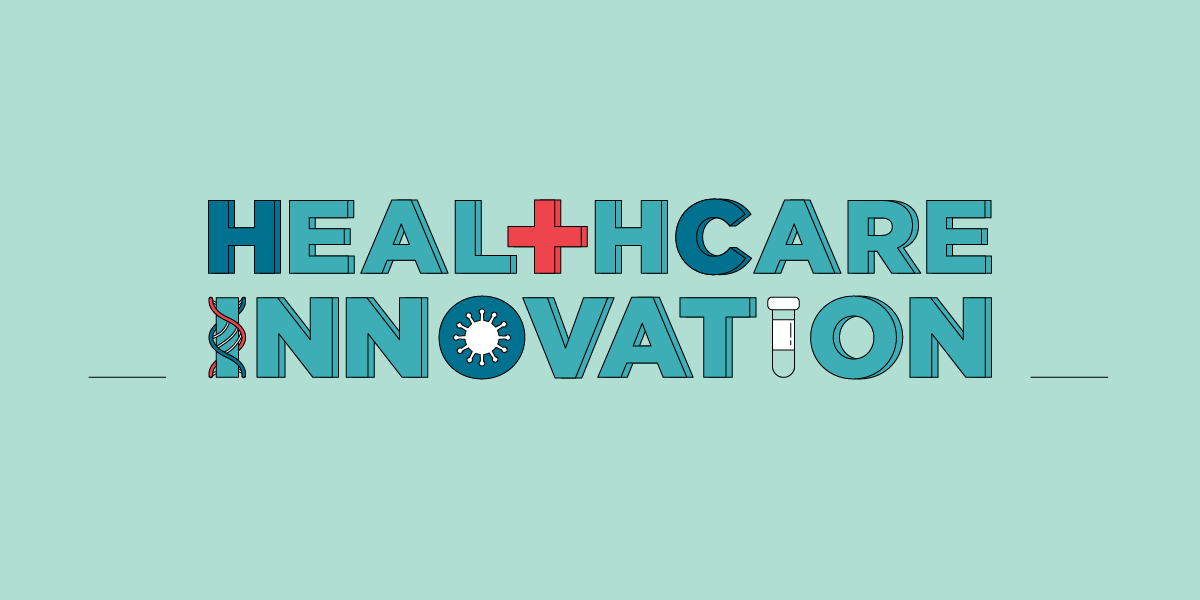Even before Covid-19 took over the world, the need for healthcare innovation was well understood, and it is now regarded as essential. Investing in healthcare innovations not only saves lives and builds resilience, but also supports economic growth and prosperity. The devastation caused by this pandemic taught us many lessons, and we now know where the future development paths in healthcare should be heading. Along with digital acceleration and workplace innovation, technological advancements like these are required to fundamentally transform healthcare and provide it with greater adaptability in the future:
1. Omics and molecular technology
New technologies, such as CRISPR, have enabled the collection of a large number of molecular readings within a tissue or cell. As an example, the use of gene-editing technology to genetically alter malaria-carrying mosquitos may dramatically lower illness levels by spreading the modified genes throughout the mosquito population.
2. Next-generation pharmaceuticals
Disruptive technology and emerging trends will have an influence on pharmaceutical production and delivery. It is about newer versions of classic chemical compounds that may get utilized as medical drugs. It also may also revolutionize cancer treatment processes. Cancer treatment paradigms are shifting as new medicines are produced through information exchange across chemical and biological drug makers. These ground-breaking treatments offer a clear glimpse into the amazing future of oncology.
3. Cellular therapy and regenerative medicine
Innovative biological products produced from living cells that are utilized in the treatment of injured cells or tissues offer the treatment of solid tumors. This type of innovation is used to alter a patient’s immune cells to target cancerous cells. Regenerative medicine, with its ability to repair damaged or injured tissues and organs, will most likely reduce the need for transplants.
With each technological advancement, scientists are able to extend the advantages of vaccinations to more individuals and give improved protection against potentially fatal infectious illnesses. Aside from aiding in the battle against COVID pandemics, innovations in this field may potentially aid in the control or reduction of excessive cholesterol levels in the blood.
5. Advanced surgical procedures
Noninvasive treatments or small gadgets used to treat physical injuries or diseases are thought to be a safer and more efficient form of surgical operations. The published data on robot-assisted pyeloplasty indicate outstanding outcomes and success rates ranging from 94% to 100%. This field of innovation also covers any technology that improves surgical operations.
Innovation will continue to be essential in addressing illnesses with no known treatments and in increasing adoption and adherence to effective therapies. These breakthroughs, however, will need ongoing R&D expenditures by pharmaceutical firms, medical and other technology businesses, and universities. Innovation Cloud assists all of these organizations in their attempts to manage innovation while being the most trusted partner in new projects.






